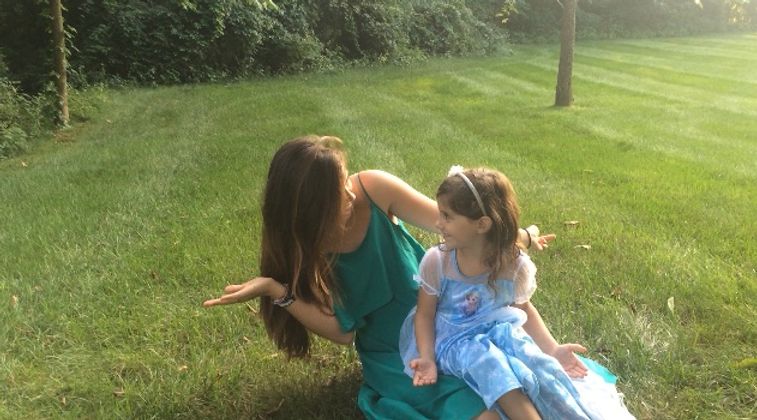With the ending of summer, the beginning of a school year, with departures and the goodbyes that accompany them, the role of time amongst these moments has passed my mind once or twice. At the end of summer, no one seems to have ever accomplished what they really wanted to do, at least most of the people I know. “What did I do?” is the common question, followed quickly by: “Where has all the time gone?” Then we are left with the solitary explanation that time has simply passed on. And we don’t really know where but nonetheless, we nonchalantly shrug at the thought and let time take us by the hand once more.
It’s rather frustrating when there just seems to be too many things to do, too many people to see. So many things to do and so little time. The easiest thing to do is to just not question it and move along. Time will just carry you with it if you just let it go. Yet for those of us that cannot seem to fit everything in to the time we have, we long to stand in front of TIME with arms folded and sternly instruct him to stop his ever-flowing rhythm for a moment, just so we can catch up.
The rhythm of time is what controls our everyday life. Its daily progression is usually soothing and familiar; we often enjoy routine because it allows us to predict what will happen each day. Yet then there is something entirely frustrating with doing the same thing over and over, often we long for excitement, change, we crave newness and originality. But time runs steadily on without a care.
So how do we reconcile this dilemma of time- its constant, steady rhythm, with our longing for more of it to complete everything that we want to do in this seemingly short life?
While this may not be a direct answer, this moment I am about to describe gave me insight into dealing with this dilemma. One evening my family and I were sitting, casually chatting about our day, the local news (and probably arguing about something remotely insignificant if I am being entirely honest). It was amongst this chatter that my youngest sister Celeste, in her favorite blue sparkling Elsa dress, arose from her seat and began to make her way about the room, putting her arms around the neck of each person she stopped by and then giving them a kiss on the cheek. She trotted from person to person, smiling and shrugging her head into her shoulders shyly whenever you smiled at her. No one had told her to do this, but she did it like it was something she needed and wanted to do. And while you watched her go throughout the room, it was as if the flame from one match was alighting a row of candles because each person she encountered would brighten at her sweet caresses.
I smiled as I watched her make her rounds and continue to smile as she daily endures in her little joyful duty.
No one whispered in Celeste’s ear to do this, no one of told her what to do, but she saw an opportunity and acted upon it, making it a habit, a kind of content routine. And something about this little one made the frustrations of time a bit clearer to me. Her actions showed acceptance of time’s rhythm, combined with the innocent joy of a child who sees nothing but an opportunity to bring joy.
With this to consider, I’ll leave you with this brief tale:
There was a man once, who sat by a stream in the eve of summer to rest his wearied feet. He had been traveling for some time and the cool, running water seemed to invite him with its trickling music. The man did not know where he was going. He had been walking for days and days on end, all over the country side, just walking. But upon seeing the stream, he felt a surge of energy arouse itself in him, a surge that matched the simple movement of the stream. The stream was going somewhere, and while it was going, it smoothed over every rock and refreshed every tree whose roots reached out to skim its banks. It gave water to the weary traveler and refreshment to the young animals which played upon its banks. And then the man understood where he was going. He understood better but not fully at all because he couldn’t. He did not know where the stream might lead, he only knew now that he must journey like the stream and so he chose to follow it on its way.




